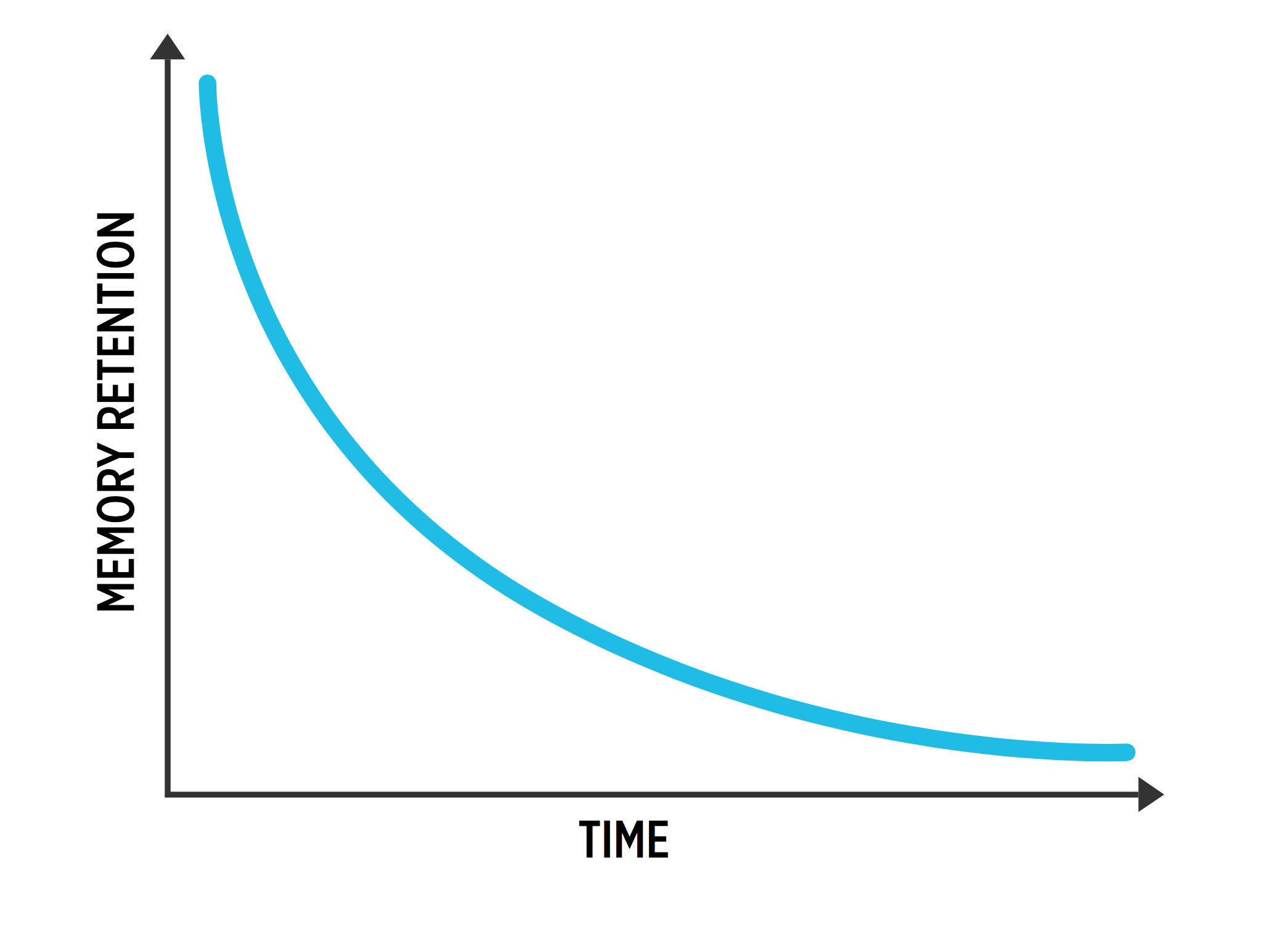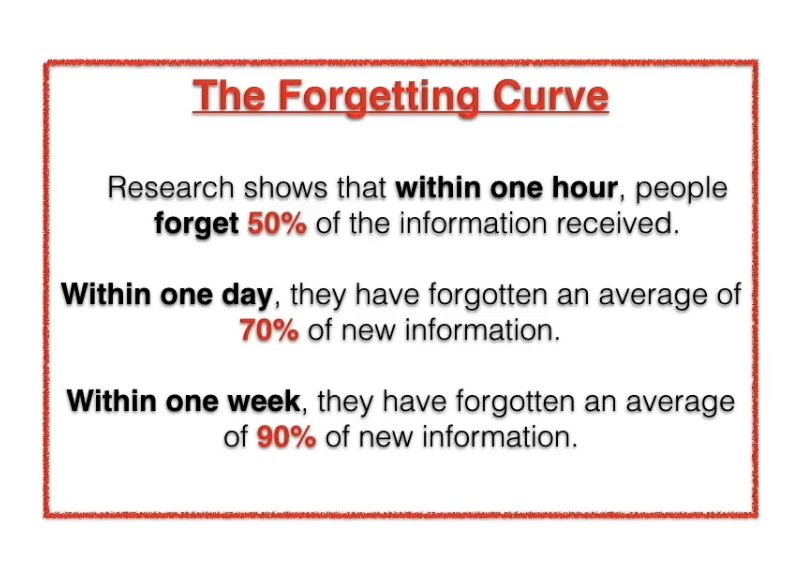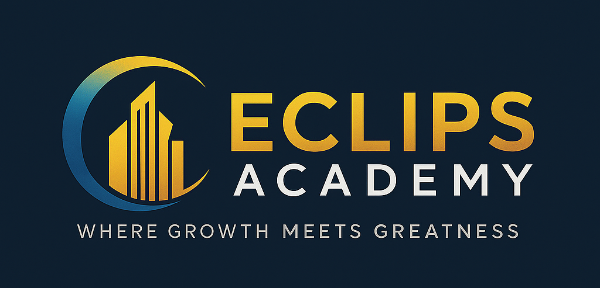Producer Training Is Broken
Mar 23, 2017
If creating new opportunities is the lifeblood of a producer's pipeline, then developing elite producers is the lifeblood of insurance agencies. Unfortunately today, many agencies aren't effectively investing in their future by properly training their producers.
According to a recent study by the National Alliance Research Academy, the most important factor in the success of a commercial lines insurance producer is effective training in certain critical areas. It's my belief that the biggest differentiator between elite producers and everyone else is training. The top 1% of insurance producers, just like in any other industry, have invested both time and money in continuous deliberate training.
In fact, the biggest systemic threat to the existing insurance brokerage industry today isn't technology, systems, processes, or Silicon Valley disruptors - it's the lack of investment in developing elite producers.
Simply put, producer training is broken.
An Over-Reliance on "Mini Schools"
I've never heard an elite athlete credit a 5-day-long summer camp for the height of their success when they stand up to receive their MVP trophy, world championship ring or hall of fame jacket. So the idea that a producer attended a two-week-long producer school and has therefore "gone through training" to me is crazy.
The biggest challenge to the mini school model is found in the Law of the Forgetting Curve. According to the Forgetting Curve, we forget 50% of the new information we receive within one hour of receiving it and 90% of the information within a week. Research has proven that transformative learning requires repetition and application.


Think about that for a second. You're talking between a $5K-7K financial investment, not including time out of the office, of which 90% of the information received will be forgotten. within. a. week. Additional challenges of these the camp-like models include the focus of the content, the carrier viewpoint bias, and the fact that their typically taught by underwriters who've never built a book of business as a producer.
Don't get me wrong, there is a time and place for these mini schools, and there are some really good ones out there (read a comparison of the best ones here). But they should be treated as "camps" to work on specific skills, not the sum total of a producer's development.
A Misguided Focus of O.J.T.
The second characteristic of the traditional producer development program is the classic approach to on-the-job-training. The concept of learning by doing is an effective one, when done with the right focus.
Too many agencies today focus the producer's O.J.T. on processes, procedures and busy work. Producers are taught how to process a COI, use the agency management system, market an account, design a program, etc. Some foundational activities like these are important building blocks early on, but all too often a problem arises when nothing is built upon them. I've never met a $3M producer who credits a thorough understanding of the agency management system as the key to their success.
While a basic understanding of how the machine works is important, far more important skills to building an exponential book of business are left completely out. Skills like facilitating a client strategy meeting, developing a consistent sales process, building a niche that scales, navigating a difficult conversation, managing customer expectations throughout the renewal process, leading teams, building a robust pipeline, making the maximally effective use of your time, creating a large network, developing a differentiating mindset, creating a competitive advantage, and much more. We cover all these topics and more in Roll the Hard Six. You can download a copy of the syllabus here.
A Lack of Framework for Mentorship Programs
If a producer is lucky, they will be given a more experienced successful producer as a mentor. Mentorship programs can be invaluable, if there is a framework around them.
Without a formal framework to serve as guide posts to make sure the producer is hitting key milestones, all too often mentor-mentee programs breakdown. There are numerous reasons why this can happen: the mentor is too busy with little incentive to help, the mentee isn't a good mentee (I'll write about what makes a good mentee in a later post), the mentor just "brings along" the mentee to meetings but no formal teaching is done, and much more.
I remember early on in my career I was paired up with the top producer in my office, who also happened to be the office leader. At first I thought I hit the jackpot. But as time went on, things started to breakdown. On top of challenges with time, this producer had been producing in our market for 25+ years. He had built such a massive book and local network that it had been nearly two decades since he last made a cold call. He had completely forgotten what it took to build a book or network. All he would tell me was "you just have to build a big network." Thanks. 🙄👍
Moral of the story, not all great producers make great mentors. Not all new producers who want to be great make great mentees. Without a formal framework in place, most mentorship relationships will be ineffective.
Be Intentional With Your Training
Muhammad Ali once said "I hated every moment of training but I said to myself, suffer now and live the rest of your life as a champion." Training is tough. Why is it we are intentional about a lot of things in our life, but in developing ourselves we sort of take the approach of "letting the chips fall where they may?" When it comes to investing in ourselves, we are reactive, not proactive.
Someone will become the preeminent producer in your market of your generation. If you want to be this person, you need to be intentional about how you develop yourself. Here's some tips:
- Treat mini schools as camps and choose ones that focus on a single critical area where you want to get better in (i.e. public speaking, complex sales, running strategy meetings, cold calling, etc.). This could be a small skill or big piece, but it needs to be focused. If you're going to make a big financial commitment and know you'll forget 90% of what you learn, have a clear focus of what you want to learn.
- Know the areas where you need to improve that are critical to your success, and seek out the very best in that area. Being an expert in what doesn't matter, and a novice in what is critical is a recipe for failure.
- Find a world class mentor. If you're at a large agency, this may be available internally. For those of you who've taken the leap to start your own agency or work at a smaller agency, you may need to look outside. Either way, a good mentor should be experienced. They should be someone you respect. They should have a heart for helping. This doesn't have to be the producer with the largest book, often it won't be, but they should have attained a certain degree of success that you want to emulate. You want to be pushed but you want to be cared for as well.
- Be creative and diverse in your training. Learn skills that might not necessarily correlate to your day-to-day activities. Being able to connect the dots between two seemingly unrelated areas can unlock creativity that creates a unique competitive advantage. This is what many credit Steve Jobs' massive success to. His ability to connect the dots between two completely different areas.
If your agency doesn't offer advanced training options or have a formal framework that covers the critical areas of building an elite book of business as a producer, I suggest checking out our two elite courses: Roll the Hard Six and Elite Tactics. In Roll the Hard Six, you'll master the six critical areas that separate elite producers from everyone else. Elite Tactics will make you an elite technician, equipping you with over 600 tactical commercial insurance solutions.
These two courses will be a good foundation to help you identify where to focus your training efforts as you build a unicorn business.
If you're willing to be intentional with your development, you can be elite.
Lorem ipsum dolor sit amet, consectetur adipiscing elit. Cras sed sapien quam. Sed dapibus est id enim facilisis, at posuere turpis adipiscing. Quisque sit amet dui dui.
Stay connected with news and updates!
Join our mailing list to receive the latest news and updates from our team.
Don't worry, your information will not be shared.
We hate SPAM. We will never sell your information, for any reason.

